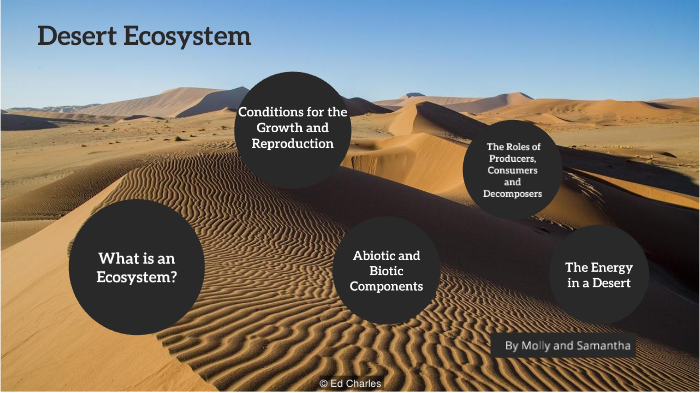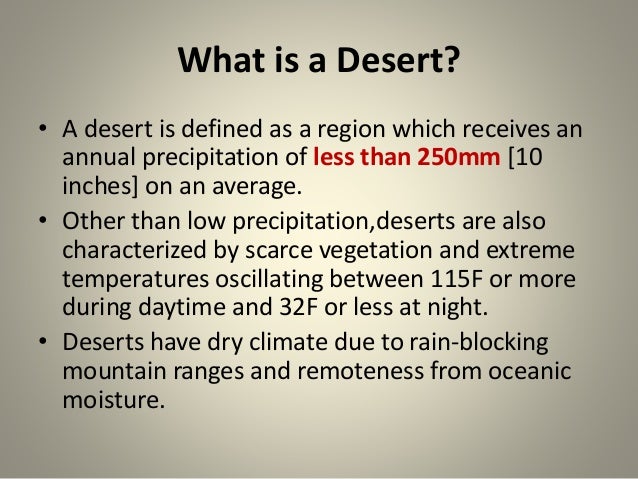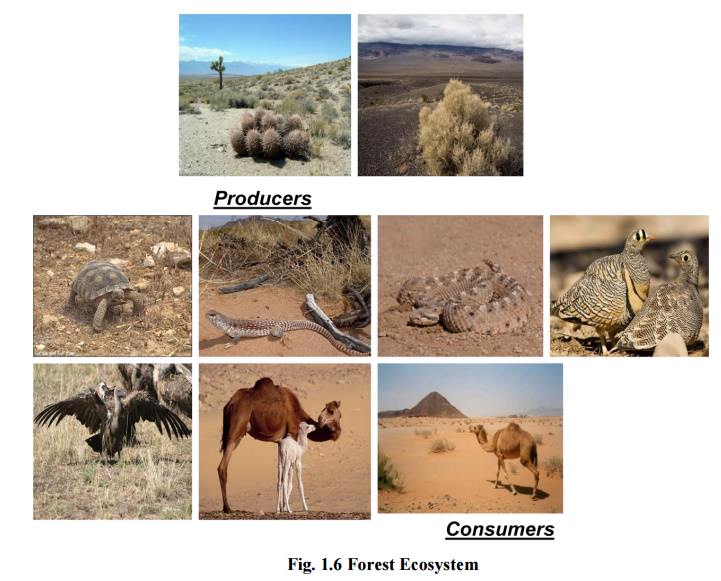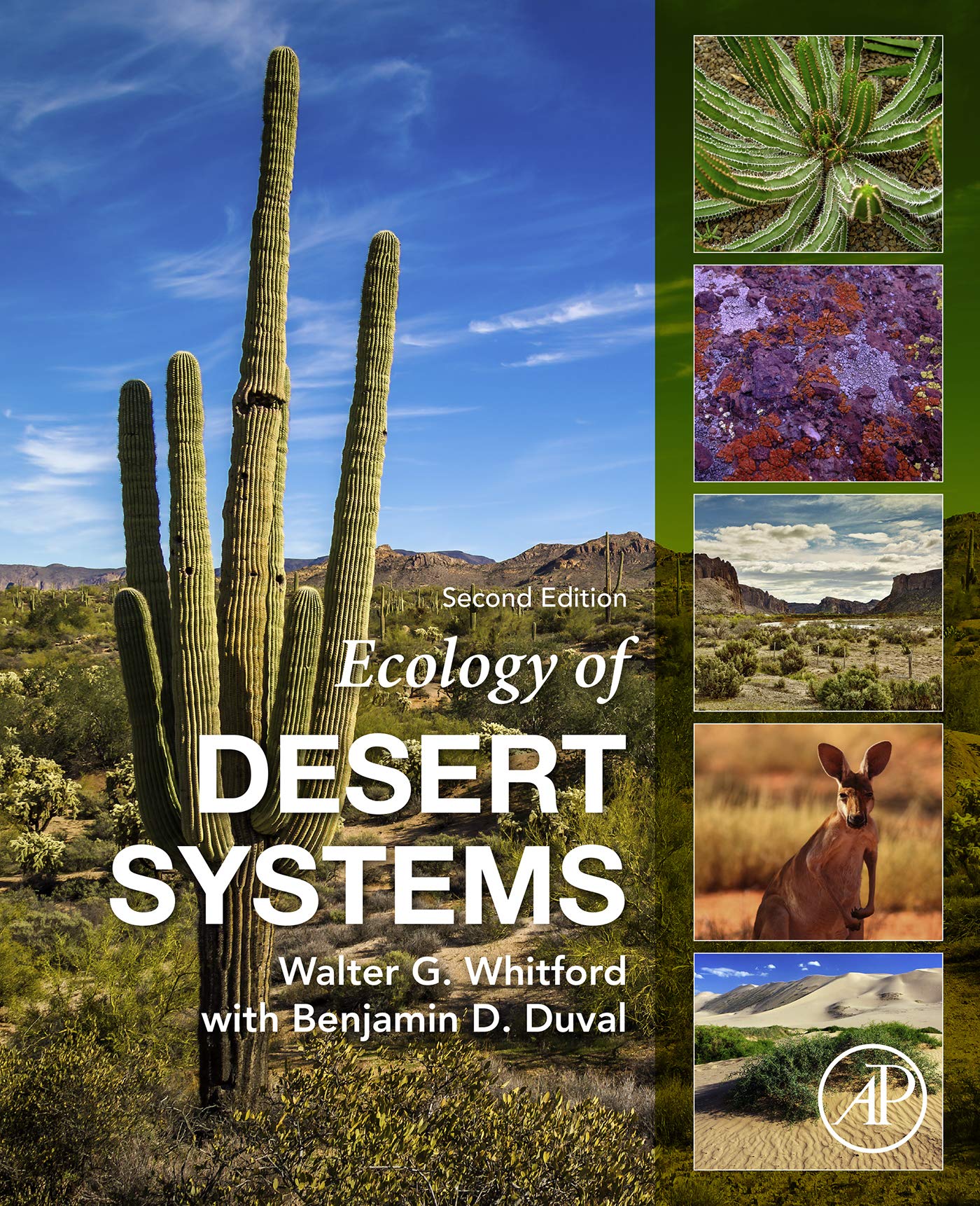Southwestern desert ecosystem is abiotic
Home » Query » Southwestern desert ecosystem is abioticYour Southwestern desert ecosystem is abiotic images are ready in this website. Southwestern desert ecosystem is abiotic are a topic that is being searched for and liked by netizens today. You can Get the Southwestern desert ecosystem is abiotic files here. Download all free photos and vectors.
If you’re looking for southwestern desert ecosystem is abiotic images information related to the southwestern desert ecosystem is abiotic keyword, you have visit the ideal blog. Our site frequently provides you with suggestions for seeing the highest quality video and picture content, please kindly search and locate more enlightening video content and images that fit your interests.
Southwestern Desert Ecosystem Is Abiotic. Wildlife includes insects reptiles many bird species small rodents and other mammals. Wide varieties of cactus thrive including the cholla prickly pear and saguaro. Because it is not feasible to measure every attribute and process in the desert ecosystem the choice of what to measure and where to measure it is the most important. Precipitation water availability sunlight and temperature are all abiotic factors.
 Chapter 5 Lesson 1 Interactions In An Ecosystem Ecosystems Abiotic Desert Ecosystem From pinterest.com
Chapter 5 Lesson 1 Interactions In An Ecosystem Ecosystems Abiotic Desert Ecosystem From pinterest.com
Temperature varies greatly depending on the locations and time of day in the desert with. Ecosystems survive and thrive when biotic and abiotic things work together in balance. It is generally considered that desert ecosystems release CO2 to the atmosphere but recent studies in drylands have shown that the soil can absorb CO2 abiotically. Although we usually think of deserts as being hot some deserts can be cold tooMost deserts get around 10 inches of rain per year. Thin-leaf trees abound such as palo verde and desert ironwoods. Because it is not feasible to measure every attribute and process in the desert ecosystem the choice of what to measure and where to measure it is the most important.
Both biotic and abiotic processes have been invoked to explain the initiation and persistence of fertile islands in.
Both biotic and abiotic processes have been invoked to explain the initiation and persistence of fertile islands in the desert grassland of the southwestern United States Figure 1a. Abiotic processes in the accumulation of nonlimiting elements such as chloride Cl and sulfur S in desert ecosystems. A prickly pear seed a fallen palo verde leaf a rainstorm. Temperature varies greatly depending on the locations and time of day in the desert with. Because it is not feasible to measure every attribute and process in the desert ecosystem the choice of what to measure and where to measure it is the most important. Thin leaf trees aboundsuch as palo verde and desert ironwoods.
 Source: pinterest.com
Source: pinterest.com
Thin leaf trees aboundsuch as palo verde and desert ironwoods. All of these aspects make it the perfect living environment for the organisms that live there. Natural ecosystems contain many individuals and species interacting with each other and with their abiotic environment. In the desert extremely low rainfall lots of sunlight and limited water sources are abiotic factors. Thin-leaf trees abound such as palo verde and desert ironwoods.
 Source: prezi.com
Source: prezi.com
Monitoring ecosystem quality and function in the Mojave Desert is both a requirement of state and Federal government agencies and a means for determining potential long-term changes induced by climatic fluctuations and land use. Monitoring ecosystem quality and function in the Mojave Desert is both a requirement of state and Federal government agencies and a means for determining potential long-term changes induced by climatic fluctuations and land use. The desert grasslands of the southwestern United States have undergone extensive woody shrub. They also help some of the organisms to survive for example when the snow melts it waters the plants. The Qinling Mountains have abiotic factors such as water snow sunlight the strong and cold winds and the temperature.
 Source: sciencedirect.com
Source: sciencedirect.com
Because it is not feasible to measure every attribute and process in the desert ecosystem the choice of what to measure and where to measure it is the most important. The temporal dynamics of dew formation in cold desert-shrub ecosystems are still poorly understood. The Desert The desert regions of the northwest have large expanses of grasslands in. Natural ecosystems contain many individuals and species interacting with each other and with their abiotic environment. Thin leaf trees aboundsuch as palo verde and desert ironwoods.
 Source: pinterest.com
Source: pinterest.com
Plants animals fungi and people. Temperature varies greatly depending on the locations and time of day in the desert with lows near freezing and highs up to 130 degrees Fahrenheit. The Phoenix area of the Southwestern desert typically receives 8 inches of precipitation yearly in two seasonal patterns. Wide varieties of cactus thrive including the cholla prickly pear and saguaro. Wide varieties of cactus thrive such as.
 Source: prezi.com
Source: prezi.com
Annual plants such as poppies and lupines flourish along with woody shrubs such as brittlebush and creosote bush. Both biotic and abiotic processes have been invoked to explain the initiation and persistence of fertile islands in the desert grassland of the southwestern United States Figure 1a. Biotic processes may include the deposition of litter in the localized areas beneath. Plants animals fungi and people. However recent reports have described significant abiotic soil CO 2 flux after eliminating all soil biotic processes F abiotic in drylands across the world including the Mojave Desert Jasoni et al 2005 Wohlfahrt et al 2008 Soper et al 2016 the Great Basin Desert Yates et al 2013 and the Chihuahuan Desert Hamerlynck et al 2003 in North America the Gurbantunggut Desert Xie et al.
 Source: study.com
Source: study.com
Precipitation water availability sunlight and temperature are all abiotic factors. The desert grasslands of the southwestern United States have undergone extensive woody shrub. In larger dune systems you can have a dozen or more species that are only found on that dune system and in some. Such systems can be expected to exhibit complex dynamics in which small perturbations can be amplified to cause large changes. The early Trappers and Mountain Men describe the desert Southwest as an immense Sea of Grass.
 Source: slideplayer.com
Source: slideplayer.com
What are the biotic and abiotic factors found in a desert ecosystem. Desert areas of the desert southwest there is at least one endemic plant at least one endemic beetle usually another endemic species of arthropod and often an endemic lizard and very often the list is much longer than that. Wide varieties of cactus thrive including the cholla prickly pear and saguaro. Receive both the southwest and the northeast monsoons. The Phoenix area of the Southwestern desert typically receives 8 inches of precipitation yearly in two seasonal patterns.
 Source: pinterest.com
Source: pinterest.com
The people answering manage to get the biotic and abiotic properly defined but they actually have no idea about the desert in general. In the desert extremely low rainfall lots of sunlight and limited water sources are abiotic factors. Abiotic factors are all non-living factors in an organisms environment. Thin-leaf trees abound such as palo verde and desert ironwoods. Plants animals weather and bacteria each play an important role in an ecosystem.
 Source: kids.nationalgeographic.com
Source: kids.nationalgeographic.com
Plants animals weather and bacteria each play an important role in an ecosystem. Wide varieties of cactus thrive including the cholla prickly pear and saguaro. Thin-leaf trees abound such as palo verde and desert ironwoods. We examined dew and its abiotic controls in a shrubland in northwestern China with continuous eddy-covariance measurements of latent heat. Plants animals fungi and people.
 Source: slideshare.net
Source: slideshare.net
The early Trappers and Mountain Men describe the desert Southwest as an immense Sea of Grass. Both biotic and abiotic processes have been invoked to explain the initiation and persistence of fertile islands in the desert grassland of the southwestern United States Figure 1a. Desert areas of the desert southwest there is at least one endemic plant at least one endemic beetle usually another endemic species of arthropod and often an endemic lizard and very often the list is much longer than that. Abiotic factors are all non-living factors in an organisms environment. Although we usually think of deserts as being hot some deserts can be cold tooMost deserts get around 10 inches of rain per year.
Source: quora.com
Such systems can be expected to exhibit complex dynamics in which small perturbations can be amplified to cause large changes. Wide varieties of cactus thrive including the cholla prickly pear and saguaro. The Phoenix area of the Southwestern desert typically receives 8 inches of precipitation yearly in two seasonal patterns. Abiotic factors are all non-living factors in an organisms environment. Deserts are characterized by their lack of rainfall.
 Source: brainkart.com
Source: brainkart.com
Desert areas of the desert southwest there is at least one endemic plant at least one endemic beetle usually another endemic species of arthropod and often an endemic lizard and very often the list is much longer than that. Even though it is an arid region it has high biological diversity. Abiotic factors are all non-living factors in an organisms environment. Precipitation water availability sunlight and temperature are all abiotic factors. Wide varieties of cactus thrive including the cholla prickly pear and saguaro.
 Source: nl.pinterest.com
Source: nl.pinterest.com
Biotic and Abiotic Factors - American Southwest Desert. Their problem with survival was simply finding an adequate water source and packing water with them. They also help some of the organisms to survive for example when the snow melts it waters the plants. Air water sunlight nutrients and temperature. Desert areas of the desert southwest there is at least one endemic plant at least one endemic beetle usually another endemic species of arthropod and often an endemic lizard and very often the list is much longer than that.
 Source: researchgate.net
Source: researchgate.net
It is generally considered that desert ecosystems release CO2 to the atmosphere but recent studies in drylands have shown that the soil can absorb CO2 abiotically. Thin-leaf trees abound such as palo verde and desert ironwoods. The Phoenix area of the Southwestern desert typically receives 8 inches of precipitation yearly in two seasonal patterns. Their problem with survival was simply finding an adequate water source and packing water with them. Plants animals weather and bacteria each play an important role in an ecosystem.
 Source: researchgate.net
Source: researchgate.net
Natural ecosystems contain many individuals and species interacting with each other and with their abiotic environment. Annual plants such as poppies and lupines flourish along with woody shrubs such as brittlebush and creosote bush. Deserts are characterized by their lack of rainfall. Abiotic factors are all non-living factors in an organisms environment. If it doesnt snow then the.
 Source: pinterest.com
Source: pinterest.com
What are the biotic and abiotic factors found in a desert ecosystem. Thin-leaf trees abound such as palo verde and desert ironwoods. The Phoenix area of the Southwestern desert typically receives 8 inches of precipitation yearly in two seasonal patterns. Even though it is an arid region it has high biological diversity. Wide varieties of cactus thrive including the cholla prickly pear and saguaro.
 Source: pinterest.com
Source: pinterest.com
The Desert The desert regions of the northwest have large expanses of grasslands in. Biotic and Abiotic Factors - American Southwest Desert. Thin-leaf trees abound such as palo verde and desert ironwoods. Plants animals weather and bacteria each play an important role in an ecosystem. If it doesnt snow then the.
 Source: amazon.com
Source: amazon.com
Thin-leaf trees abound such as palo verde and desert ironwoods. The early Trappers and Mountain Men describe the desert Southwest as an immense Sea of Grass. Wide varieties of cactus thrive including the cholla prickly pear and saguaro. Air water sunlight nutrients and temperature. However recent reports have described significant abiotic soil CO 2 flux after eliminating all soil biotic processes F abiotic in drylands across the world including the Mojave Desert Jasoni et al 2005 Wohlfahrt et al 2008 Soper et al 2016 the Great Basin Desert Yates et al 2013 and the Chihuahuan Desert Hamerlynck et al 2003 in North America the Gurbantunggut Desert Xie et al.
This site is an open community for users to do sharing their favorite wallpapers on the internet, all images or pictures in this website are for personal wallpaper use only, it is stricly prohibited to use this wallpaper for commercial purposes, if you are the author and find this image is shared without your permission, please kindly raise a DMCA report to Us.
If you find this site convienient, please support us by sharing this posts to your preference social media accounts like Facebook, Instagram and so on or you can also save this blog page with the title southwestern desert ecosystem is abiotic by using Ctrl + D for devices a laptop with a Windows operating system or Command + D for laptops with an Apple operating system. If you use a smartphone, you can also use the drawer menu of the browser you are using. Whether it’s a Windows, Mac, iOS or Android operating system, you will still be able to bookmark this website.